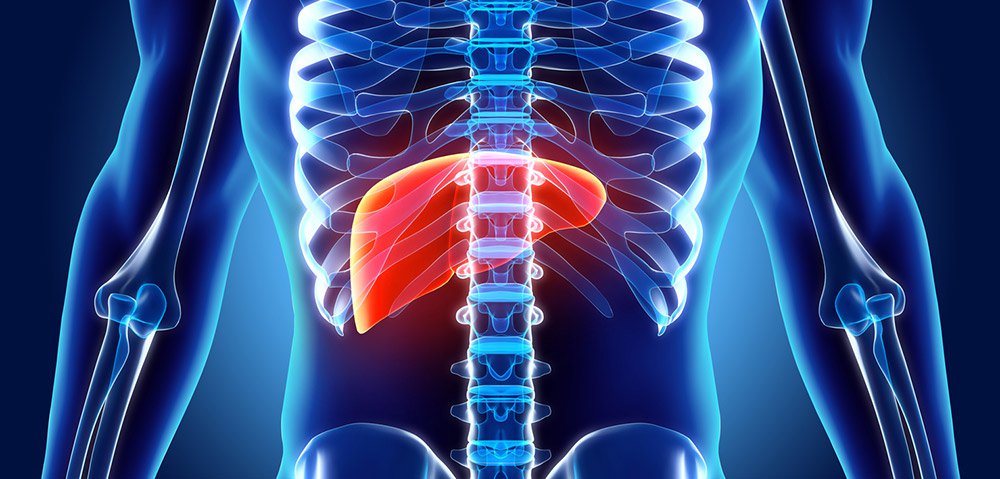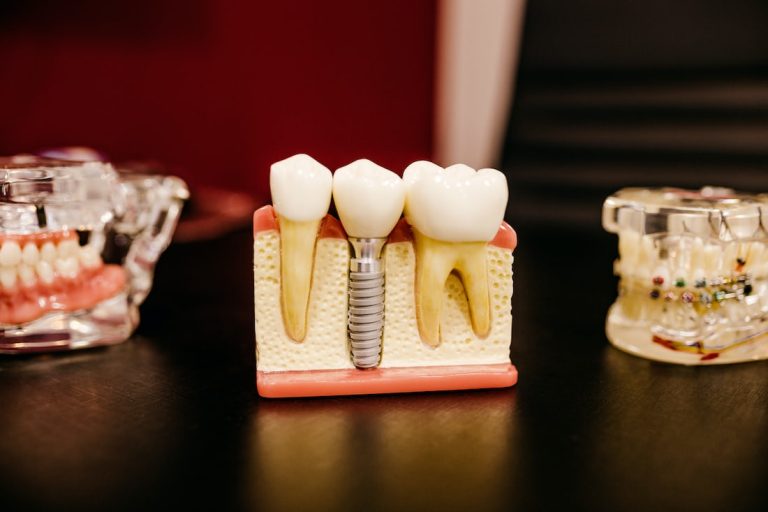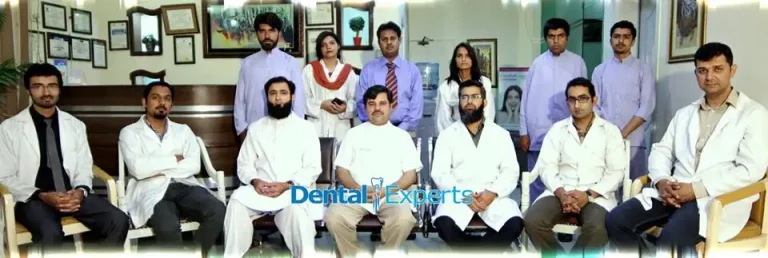Instilling Hope in Cancer Patients at Y-92 Farmington
Y-92 Farmington: Injecting Hope Into Cancer Patients
Intro
For cancer patients, the Radioembolization, Y-92 Farmington treatment offers an incredible ray of hope. Radioembolization is an innovative form of treatment that involves injecting radioactive microspheres containing Yttrium-90 directly into the tumour. This is a minimally invasive procedure that has been found to be successful in treating primary as well as metastatic liver tumours. In this blog post, we will explore the Y-92 Farmington treatment and discuss how it offers hope to cancer patients.
What is Y-92?
Y-92 Farmington is a revolutionary cancer treatment method that has been gaining popularity in recent years. Also known as radioembolization, this treatment involves injecting small glass or plastic microspheres that contain the radioactive isotope Yttrium-90 into the tumour. Radioembolization, Y-92 Farmington is particularly effective in treating liver cancer, and it is fast becoming a popular alternative to traditional chemotherapy. This treatment method is not only minimally invasive, but it also targets the cancerous cells directly, sparing the healthy cells from harm.
How Y-92 Works
Y-92 works through a technique call radioembolization, where radioactive microspheres are inject into the blood vessels that supply the tumour. These microspheres lodge themselves in the tumour’s blood vessels and deliver high doses of radiation directly to the cancer cells. Since the microspheres are so small, they target the tumour cells specifically, without causing significant damage to healthy surrounding tissues. This allows for a highly effective and precise treatment. Radioembolization, Y-92 Farmington is a minimally invasive procedure, with the radioactive microspheres deliver via a catheter through a small incision. The entire procedure typically takes just a few hours, with patients often able to go home the same day.
Y-92 for Liver Cancer
Liver cancer is one of the deadliest forms of cancer, with a high mortality rate and limit treatment options. However, Y-92 is providing hope to patients suffering from primary and metastatic liver tumours.
Y-92, or Yttrium-90, is a radioactive isotope that is inject directly into the tumour, where it emits high-energy radiation that destroys the cancer cells. This treatment is known as Selective Internal Radiation Therapy (SIRT) or Radioembolization.
Unlike chemotherapy and radiation therapy, Radioembolization, Y-92 Farmington is a target treatment that delivers a high dose of radiation to the tumour while minimizing damage to healthy tissue. It also offers the advantage of being a one-time treatment, with most patients requiring only a single injection.
The Y-92 treatment is perform under local anaesthesia, with a small catheter insert into the hepatic artery via a small incision in the groin. Once the catheter is in place, tiny plastic or glass microspheres containing Y-92 are inject directly into the tumour. These microspheres lodge in the blood vessels that feed the tumour, where they deliver a high dose of radiation.
Y-92 is most effective for patients with liver tumours that cannot be remove by surgery and are resistant to other treatments. It has been shown to shrink tumours, improve symptoms and quality of life, and prolong survival in some patients.
However, like all cancer treatments, Y-92 has potential side effects, including nausea, fatigue, abdominal pain, and a temporary increase in liver enzyme levels. These side effects are generally mild and short-live, with most patients able to return to normal activities within a few days.
Side Effects of Y-92
Like all medical treatments, Radioembolization, Y-92 Farmington does have potential side effects. However, they are usually mild and do not last for a long time. Here are some common side effects:
1. Nausea: You may feel queasy and vomit after the treatment.
2. Pain: The inject area may feel painful and tender for a few days.
3. Fatigue: You may feel tire and lack energy after the treatment.
4. Low Blood Cell Count: Y-92 can lower the number of red and white blood cells, making you more susceptible to infections.
5. Radiation Exposure: Since Y-92 is radioactive, there is a risk of exposure to others. Therefore, you may have to take precautions to minimize radiation exposure to family and friends for a short period after the treatment.
It is important to discuss these potential side effects with your doctor beforehand. They can help you prepare for them and take steps to minimize any discomfort. In most cases, side effects are temporary and manageable with medication or other treatments. Remember that Y-92 is a powerful tool in the fight against cancer, and its benefits far outweigh the potential risks.

Success Stories
While undergoing cancer treatment, it’s always reassuring to hear stories of those who have successfully fought the same battle. Radioembolization, Y-92 Farmington has help countless individuals fight liver cancer and improve their quality of life.
One patient, a 54-year-old male, was diagnose with liver cancer that had spread to his lungs. Traditional chemotherapy treatments weren’t working for him, and surgery was not an option. He underwent Y-92 treatment and was able to see a significant reduction in his tumours. After the treatment, his overall health improve and he was able to return to work and his normal activities.
Another success story involves a 68-year-old woman who was diagnose with liver cancer and was deem too high-risk for surgery. After undergoing Y-92 treatment, her tumours shrank significantly, allowing her to regain her quality of life and spend time with her family.
These stories of hope are just a few of the many successes Y-92 has brought to patients with liver cancer. While everyone’s experience is unique, the possibility of beating cancer and living a fulfilling life is something that Y-92 has made a reality for many.
The Conclusion
Y-92 Farmington is a promising treatment option for cancer patients, especially those suffering from liver cancer. This innovative approach offers hope for those who have exhaust other treatment options or whose cancer has spread. By delivering target radiation directly to the tumour, Y-92 can effectively kill cancer cells while minimizing damage to healthy tissue.
While Y-92 does have some potential side effects, the benefits often outweigh the risks. It’s essential to have a thorough consultation with your healthcare provider to determine if this treatment is right for you.
We have heard some truly inspiring success stories of patients who have receive Y-92 treatment. It’s heartening to see patients improve and even recover from their disease. While cancer is never an easy journey, the availability of cutting-edge treatments like Y-92 provides hope for patients and their love ones.






